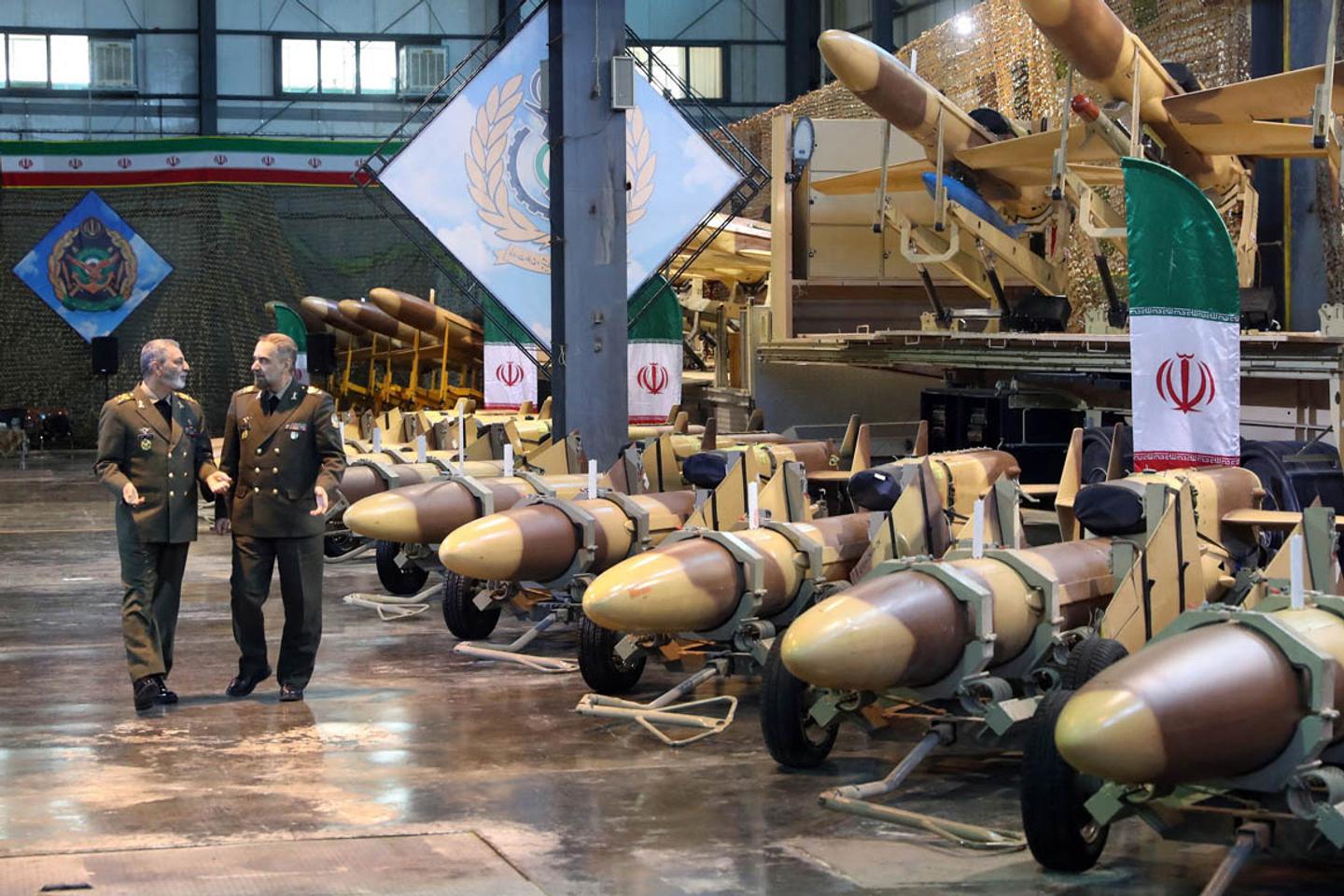


Will the war in Gaza lead to a regional conflict? The oft asked question is now moot. Israel's war against Hamas in the narrow Palestinian territory of Gaza, in the eastern Mediterranean, has already "spilled over." It has become internationalized, with missiles flying from the Bab Al-Mandab strait in the Red Sea to the Israeli-Lebanese border, not to mention Syria and Iraq.
To reassure ourselves, it can be pointed out that these metastases of the Israeli-Palestinian conflict are the work of militias, all sponsored by Iran, and not of national armies. The Arab countries have proposed a peace plan, to which Israel has not responded. And none of the Arab capitals maintaining diplomatic relations with Israel decided to break them in solidarity with the Palestinians in Gaza. Those who have become involved in supporting Hamas, the Islamist branch of the Palestinian national movement, belong to what is known as the "axis of resistance," an Arab militia collective, formed and maintained by Tehran.
Since its establishment on April 1, 1979, the Islamic Republic of Iran has been the most radical standard-bearer for the Palestinian cause, both out of conviction and to win over Arab opinion. But today it has no intention of running the risk of being involved in a direct confrontation with either Israel or the US. The two naval air groups dispatched by President Joe Biden to the eastern Mediterranean are undoubtedly a factor in this.
Militias and non-state operations have become major players on the post-October 7 Middle Eastern scene. For the past three months, Lebanese militia Hezbollah has been exchanging daily fire with the Israel Defense Forces (IDF) on the border between Israel and its northern neighbor. Iraqi "popular mobilization" militias targeted American bases still present in Syria (900 soldiers) and Iraq (2,500 soldiers). The Americans retaliated.
Militia spider's web
The Yemeni Houthi militia, which controls the north of the country, is disrupting Red Sea traffic with drones and cruise missiles, prompting a response from the US and the UK. The Houthis have one objective: to consolidate their standing in an Arab environment that is hostile to them.
They're "just" militias, some might say. Except that these militias are equipped like national armies with radar, missiles of all kinds, including ballistic missiles, and drones of all calibers. They often manufacture or assemble this arsenal themselves. It's a far cry from the image of a rabble of fighters shooting in the rubble.
You have 55% of this article left to read. The rest is for subscribers only.
